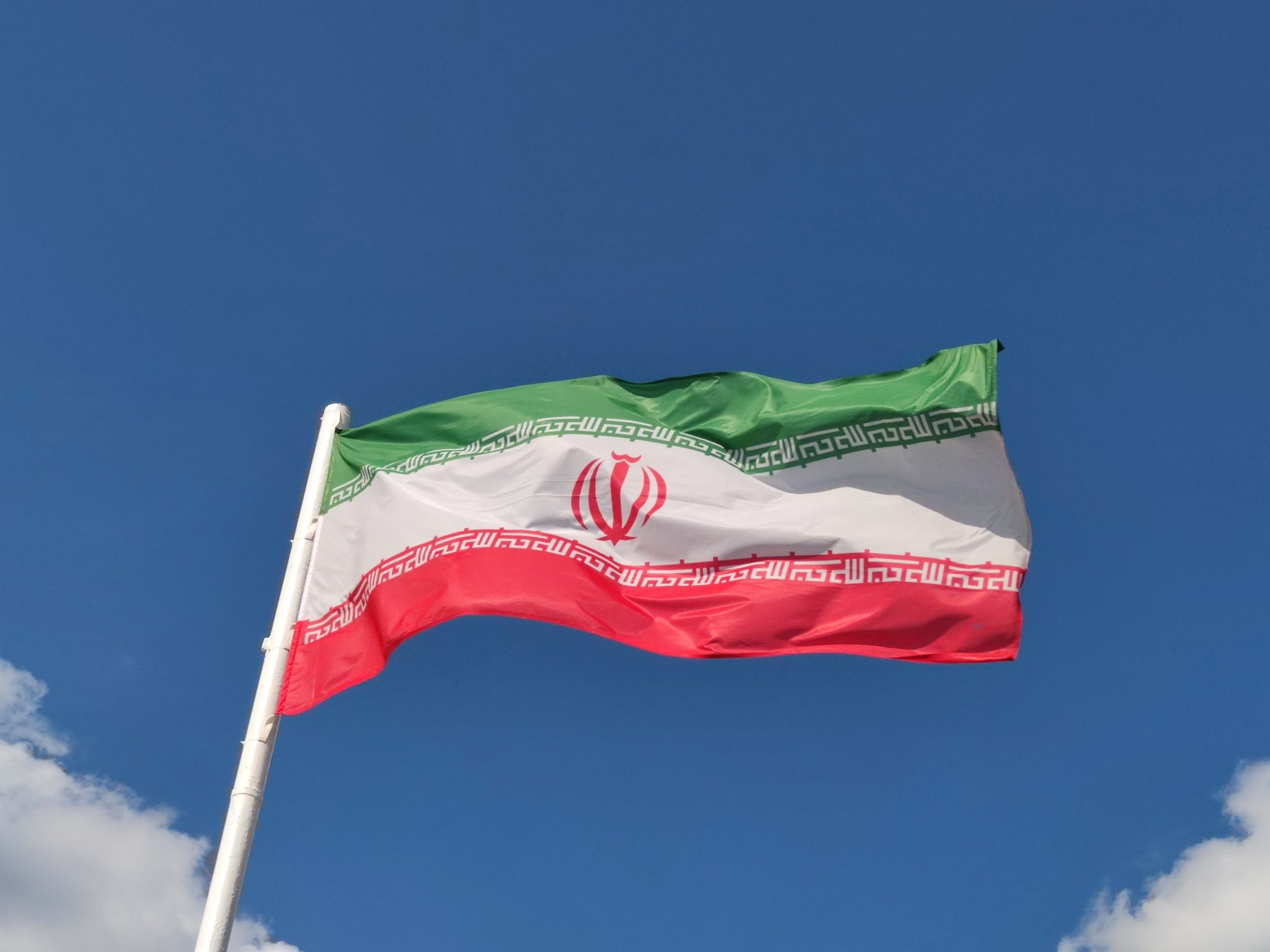Qatar abolished the controversial No Objection Certificate [NOC] law last year.
GCC-based advocacy organisation Migrant-Rights.org [MR] called on Qatari authorities to ensure job mobility, stressing the urgent need to implement Doha’s major labour reforms.
In a recent report, the rights group detailed ongoing obstacles for employees wanting to change jobs in the Gulf state, highlighting cases of some workers who say they struggled to get their employers to approve their resignation.
“My baba said my contract is for three years, but I said all OFW [Overseas Foreign Workers, a term used by the Philippines government] only have a two-year contract. But he refused and then Covid happened and he said I cannot leave now,” Mel, a domestic worker, told the rights group.
She was among a number of people interviewed by MR, many of whom revealed individual cases in which domestic workers as well as those in the cleaning and hospitality sectors were asked to pay a certain amount of money in order to obtain an NOC.
The rights group also alleged a government-owned entity called Qatar Manpower Solutions Co [WISA] has been declining workers’ requests to change their jobs.
Responding to the report, a government official said the country saw over 226,000 successful job changes in Qatar without an NOC since abolishing the requirement last year.
‘Qatar is listening’: EU officials praise ‘positive’ migrant worker rights reforms
The official added that the removal of NOCs in Qatar “has brought significant benefits to employers and employees alike”, saying that employers cannot stop a worker from seeking employment elsewhere “as long as their notice period is respected”.
“Any employee who believes their request has been blocked by their employer or led to retaliatory action is encouraged to lodge a complaint through the appropriate channels,” the government official told Doha News.
However, the report also suggests some of those interviewed by MR were unaware of their rights.
Nan, one of the employees, said she received assistance from the Ministry of Administrative Development, Labour, and Social Affairs [MADLSA] but her embassy encouraged her to return to her employer instead until her contract expires.
The advocacy group also pointed to a lack of trust in official channels and what it described as “conflicting messages both in the media” and ministry of labour.
In the statement to Doha News, the Qatari government official stressed that “work is constantly ongoing to further strengthen and enforce the labour reforms”.
“Initiatives to raise awareness of the reforms have been ramped up, grievance mechanisms have been strengthened to improve employees’ access to justice, and the severity of punishments for companies that violate the law has increased,” said the official.
The updated law stipulates that all new employers are obligated to reimburse the previous employer if the worker changes their job during the probation period. The amount paid cannot exceed one month’s salary.
Despite the clear laws in place, there still appears to be confusion over the NOC.
MR said both MADLSA and the UN’s International Labour Organization [ILO] are currently in the process of finalising more communication materials regarding labour mobility that are hoped to clearly state the employers requirements for job changes.
A representative at the International Domestic Workers Federation [IDWF] also told MR that they are working closely with the ILO, the Qatari government and MADLSA to monitor the violations in migrant workers’ rights.
“If they really want us to believe that the Kafala system is being abolished. We recommend that MADLSA remind the employers through the mainstream media that they should be in parallel with the State of Qatar’s vision in improving migrant domestic workers’ welfare,” the IDWF representative told MR.
Major reforms
Over the past year in particular, Qatar has been praised on a global and regional scale for its “historic” labour reforms.
In March, Qatar introduced the region’s first ever non-discriminatory minimum wage, under which employers employers must pay allowances of at least QAR 300 for food and QAR 500 for housing on top of the minimum monthly basic wage of QAR 1,000.
Employers who pay their staff less than the minimum wage face one-year in jail and a QAR 10,000 fine.
As part of the major labour reform agenda, Qatar drastically enhanced monitoring across the board to detect violations, enacting swifter penalties and further strengthening the capacity of labour inspectors.
So far, dozens of companies have faced action from authorities for violating the new laws.
These labour reforms also include the dismantling of the controversial “kafala” or sponsorship system, becoming the first country in the region to do so.
In May, MADLSA launched its new platform for workers’ complaints, enabling employees to submit public violations of the labour law.
The employee or worker can file a complaint by logging in through the authentication system available on the platform.
Follow Doha News on Twitter, Instagram, Facebook and Youtube







